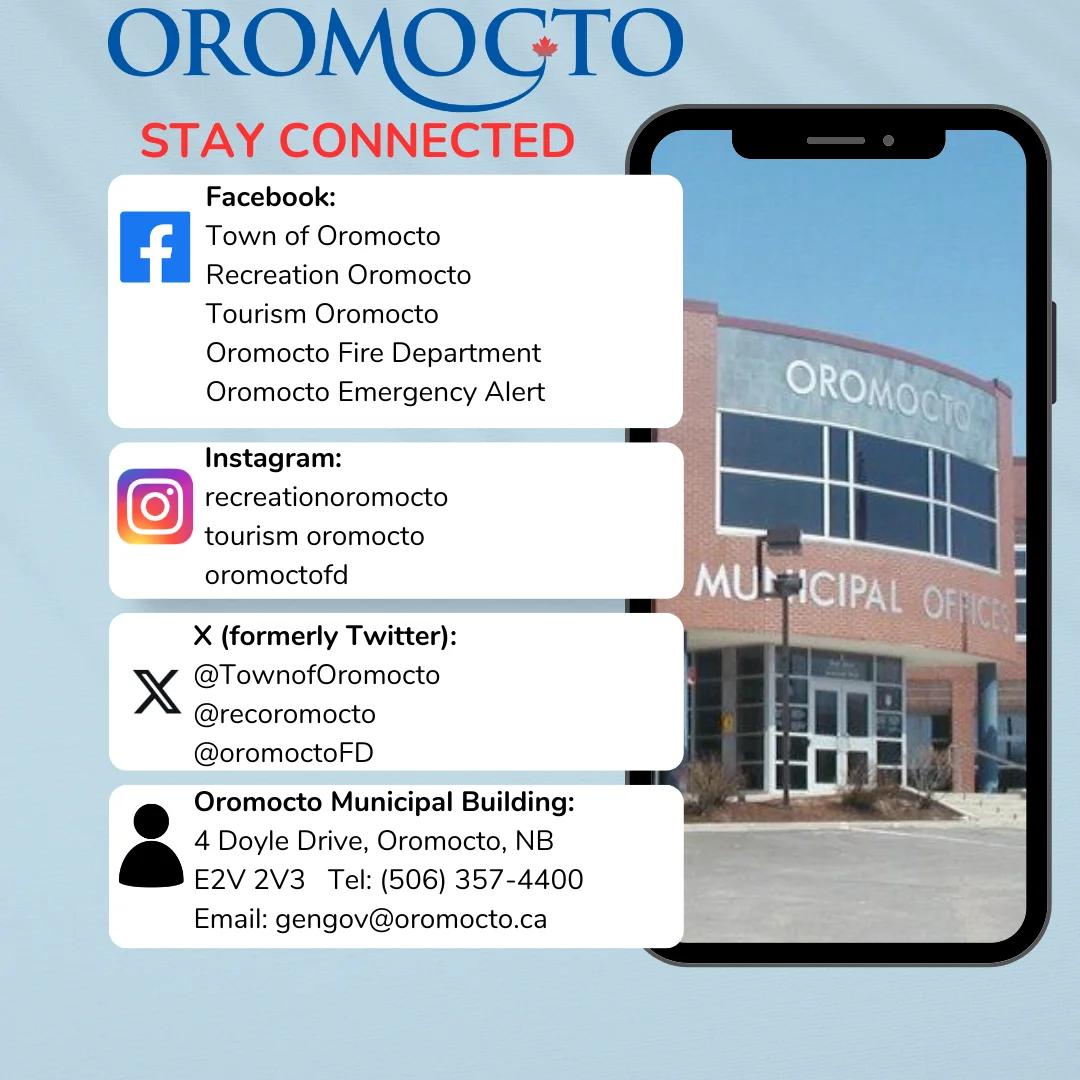


> By-Law 403, 403A, 403B (a By-Law Relating to Collection and Disposal of Garbage and Other Material) > Fredericton Region Solid Waste Commission > Garbage Collection Schedule > Recycle NB
Reducing your household waste while helping the environment is two of the many reasons why recycling is an important ‘green’ practice. The Town partners with the Fredericton Region Solid Waste which operates a region-wide recycling program which brings in more than 5,800 tonnes of recyclable material per year.
WHY IS RECYCLING SO IMPORTANT? Recycling our waste products produces many benefits for our community and the environment. Through our efforts, we can reduce the amount of solid waste that requires disposal at the sanitary landfill. Recycling saves energy and reduces the air and water pollution associated with the manufacturing process.
PROBLEMS, QUESTIONS OR COMMENTS MAY BE ADDRESSED TO FERO at:
recycle@fero.ca
1-800-668-3376
SPRING LEAF PROGRAM
In an effort to divert the volume of waste materials from the landfill, The Town of Oromocto will offer a leaf curbside collection of all residential households in early May of each year.
The dates for the curbside pickup will be advertised in the monthly Recreation & Tourism Guide and the Town's social media each Spring.
Acceptable Materials:
In an effort to divert the volume of waste materials from the landfill, The Town of Oromocto will offer a leaf curbside collection of all residential households in November of each year.
The dates for the curbside pickup will be advertised in the monthly Recreation & Tourism Guide and the Town's social media each Fall.
Acceptable Materials:
Yard waste can also be taken to the Fredericton Region Solid Waste Commission (1775 Alison Blvd.) during its normal hours of operation Monday-Friday 7:30 am – 5:00 pm & Saturday 7:30AM - 3:00PM.
The Town of Oromocto is a world-class leader in organics management. There are two different types of responsible organic management anaerobic and aerobic:
ANAEROBIC (Landfill Gas)
AEROBIC (Backyard Composting)
WHAT IS COMPOSTING? Environmentally conscious people everywhere are discovering composting as a rewarding way of beautifying their property. By utilizing a backyard composter you are joining the millions of North Americans who know their conservation efforts can make a difference. Composting is a natural process in which microorganisms break down kitchen and yard waste into a rich, dark, material that enriches soil, boosts fertility and retards soil erosion.
WHY COMPOST? Backyard composting is an easy, effective method of transforming waste into an environmentally valuable commodity. It is a natural, chemical- free fertilizer for lawns and gardens that costs nothing to produce and offers a bounty limited only by the size of your garden.
WHAT CAN BE COMPOSTED? Organic and kitchen wastes, fruit and vegetable peelings, egg shells, tea bags, coffee grounds, leaves, plants, weeds, grass clippings and wood ashes are all food for the composter. Leaves are slower to decompose than other organic waste. Mixing them with kitchen waste or mulching them will accelerate the process.
WHAT CAN’T BE USED? Dairy products, meat, cooking oils, bones and fatty foods attract pests and are, therefore not recommended as composting materials. Pet waste should be strictly avoided, as it may contain organisms which adversely affect humans. Inorganic materials such as plastic, metal, rubber, glass, stone, chemicals or greases will not compost.
YOU CAN COMPOST: Organic & kitchen wastes, fruit & vegetable peelings, egg shells, tea bags, coffee grounds, leaves (slow to compost & mix with greens), plants & weeds, grass clippings, wood ashes.


| Wed | Thu | Fri | Sat | Sun | Mon |
| +9° | +12° | +8° | +9° | +12° | +11° |
| 0° | -1° | +4° | +1° | +5° | +3° |